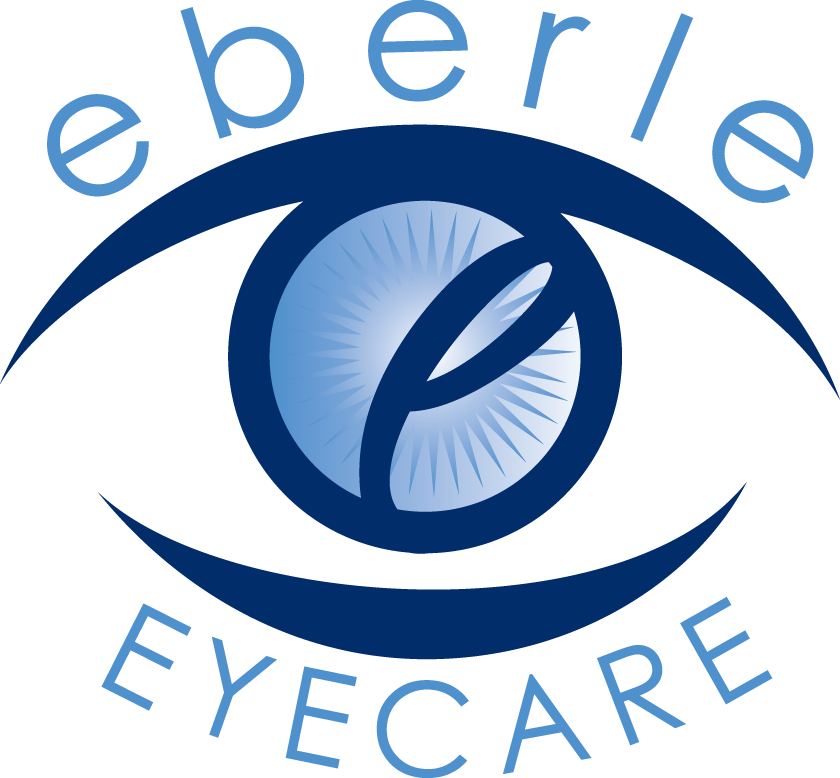Resources for Coaches
Welcome the Cook Inlet SC Coaching Resources page! Here you will find lessons for your teams, whether it be competitive or recreational teams, to use during training sessions. Sessions will continue to be uploaded and more material/resources will be linked herel. Feel free to contact the Cook Inlet SC office and speak to a Staff Coach to discuss these training sessions or to create a session tailored to your team’s needs. Happy coaching!
In order to make practices run smoothly and be fun, it is important for us to have a basic understanding of the intellectual, emotional and physical developmental stage of the players you are coaching. Here are some typical characteristics of the Under 6 player.
- Focused on themselves – reality to them is based on what they see and feel
- Unable to see the world from another’s perspective
- Everything is in the here and now
- Cooling systems are less efficient – need frequent water breaks
- Enjoy playing, not watching. Every player should have a ball in practice
- Limited attention span – keep directions concise and to the point
- Effort is performance – if they try hard, they are doing well
- Active imaginations – utilize their imaginations in activities, and they will love practice!
- Look for adult approval – be encouraging when they say “Coach, look what I can do!”
- Unable to think abstractly – spatial relationships are a mystery
- Typically have 2 speeds — extremely fast and stopped
- Usually unaware of game scores – keep it that way
In order to make practices run smoothly and be fun, it is important to have a basic understanding of the intellectual, emotional, and physical developmental stage of the players we are coaching. Here are some typical characteristics of the Under 8 player:
- Enjoy playing in pairs
- Are now able to take another’s perspective.
- Still unable to think abstractly – be patient.
- Cooling system still less efficient than adults – still make sure to give frequent water breaks.
- Still prefer playing to watching – keep everyone active during practice.
- Limited attention span
- Have an understanding of time and sequence – “if I do this, then that happens”.
- Some now have a third or fourth speed in addition to stopped and as fast as possible.
- Very aware of adult reactions – be very aware of your reactions.
- Seek out adult approval and need reassurance – be supportive.
- Begin to become aware of peer perception – a social order is beginning to develop.
- Wide range of abilities between children at this age
- Beginning to develop motor memories
- Some become more competitive
- Less active imaginations than U6 players
In order to make practices run smoothly and be fun, it is important to have a basic understanding of the intellectual, emotional, and physical developmental stage of the players we are coaching. Here are some typical characteristics of the Under 10 player:
- Attention span lengthens and they start to show the ability to sequence thoughts and actions.
- They start to think ahead and think “If this, then that”
- More inclined towards wanting to play soccer rather than being told to play
- Demonstrate increased self-responsibility
- They start to recognize fundamental tactical concepts
- Begin to become aware of peer pressure.
- Players affiliate with their team or their coach
- There is a wide continuum of maturity evident on most teams.
- This is still a crucial age for technical skill development.
In order to make practices run smoothly and be fun, it is important for us to have a basic understanding of the intellectual, emotional and physical developmental stage of the players we are coaching. Here are some typical characteristics of the Under 12 player:
- All children are maturing at different rates and are sensitive to that fact.
- Need to warm-up and stretch as muscle pulls and other nagging injuries tend to become more common.
- Typically understand elemental abstract concepts and hypothetical situations.
- They like to solve problems.
- Peer evaluation is a constant.
- Egos are sensitive.
- Coordination may depend on whether or not they are in a growth spurt.
- Technique still needs to be reinforced constantly.
- Playing too much can lead to overuse injuries.
- Playing too much and not feeling like they have a choice in the matter can lead to burnout and drop-out.
- This is the dawn of tactics!
- Keep asking the players to be creative and to take risks.
- Ask for feedback from them. They will tell you how things are going.
- Try to hand over leadership and ownership of the team to them. They will enjoy leading and it will add to the learning environment.
In order to make practices run smoothly and be fun, it is important for us to have a basic understanding of the intellectual, emotional and physical developmental stage of the players we are coaching. Here are some typical characteristics of the Under 15 player:
- All children are maturing at different rates
- Players need to warm-up and stretch – muscle pulls and other nagging injuries are common otherwise
- Players will typically understand elemental abstract concepts and hypothetical situations
- They like to solve problems
- Peer evaluation is a constant
- Egos are sensitive
- Coordination may depend on whether or not they are in a growth spurt
- Technique still needs to be reinforced constantly
- Playing too much can lead to overuse injuries
- Playing too much and not feeling like they have a choice in the matter can lead to burnout and drop-out
- Keep asking the players to be creative and to take risks – we never want them to stop doing these things
- Ask for feedback from them – they will tell you how things are going
- Try to hand over leadership and ownership of the team to them
- Keep it fun!!!
Under 18 (u18)
In order to make practices run smoothly and be fun, it is important for us to have a basic understanding of the intellectual, emotional and physical developmental stage of the players we are coaching. Here are some typical characteristics of the Under 15 player:
- Proper physical preparation warm-up and cool down
- Improving endurance, strength and speed
- Emotions can still overcome tactical logic
- They are likely to solve soccer problems with their legs first and their brains second
- May have bad diet and sleep habits, and, as a result, low energy levels
- The skeleton is close to full maturation, but peak athleticism is still a few years off
- Very concerned with what others say and think about them
- Developing a team consciousness – want and need a strong voice in planning their activities/game plans
- May try to manipulate others to get what they want
- Loud behavior may hide their lack of self-confidence
- Look at the world more objectively – look at adults more subjectively and are critical of them, yet they still want adult leadership
- Go to extremes – often appear to be unstable emotionally while having a know-it-all attitude
- Vulnerable – emotionally insecure, fear of rejection and mood swings
- Social needs and desires are high
- Many will leave the game for employment and many who go to college will not return to the game after graduation
- There is still a strong desire to be part of a team






